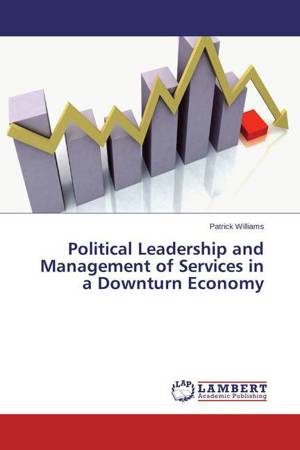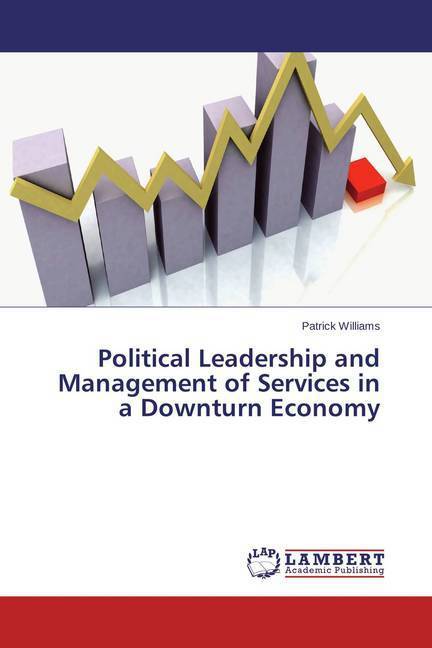
- Afhalen na 1 uur in een winkel met voorraad
- Gratis thuislevering in België vanaf € 30
- Ruim aanbod met 7 miljoen producten
- Afhalen na 1 uur in een winkel met voorraad
- Gratis thuislevering in België vanaf € 30
- Ruim aanbod met 7 miljoen producten
Zoeken
Political Leadership and Management of Services in a Downturn Economy
Patrick Williams
Paperback | Engels
€ 76,45
+ 152 punten
Omschrijving
Municipal leaders in the United States face difficult decisions when prioritizing non-mandated civic projects for funding, especially when operating budgets are restricted. This phenomenological study investigated municipal leaders' decision-making processes using a conceptual framework based on three theories. It specifically explored personal and organizational decision-making processes related to the prioritization and funding of non-mandated civic projects. Thematic analysis identified expert opinions, the time and cost to complete a project, the perceived value relative to expense, and the availability of additional funding sources as themes important to understanding participants' decision-making processes. Areas such as infrastructure improvements, traffic congestion, community involvement, and formal processes in their municipalities were in need of improvement. Positive social change can flow from greater governmental transparency through municipal decision makers' adoption of systematic decision-making systems and processes. Results add to the research base by contributing to a better theoretical understanding of organizational decision-making processes.
Specificaties
Betrokkenen
- Auteur(s):
- Uitgeverij:
Inhoud
- Aantal bladzijden:
- 248
- Taal:
- Engels
Eigenschappen
- Productcode (EAN):
- 9783659786730
- Verschijningsdatum:
- 30/11/2015
- Uitvoering:
- Paperback
- Afmetingen:
- 150 mm x 220 mm
- Gewicht:
- 367 g

Alleen bij Standaard Boekhandel
+ 152 punten op je klantenkaart van Standaard Boekhandel
Beoordelingen
We publiceren alleen reviews die voldoen aan de voorwaarden voor reviews. Bekijk onze voorwaarden voor reviews.








